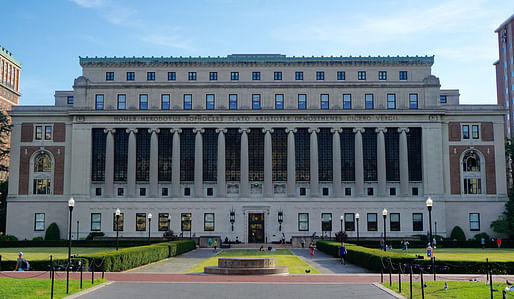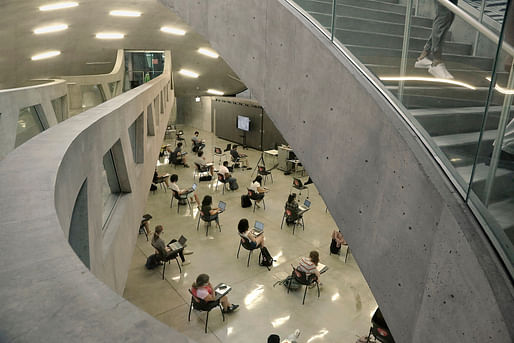

The annual U.S. News & World Report Best Colleges list has just been released, opening up a fresh channel for the ongoing debate over the value of and methodologies used in ranking institutions of higher education.
A focal point of the 2022 rankings is Columbia University, which dropped from 2nd to 18th place after being a mainstay in the top ten for several decades. The decision by U.S. News to demote the Ivy League institution came after the publication of a damning investigation from mathematics professor Michael Thaddeus wherein he outlined a deliberate fabrication of statistics meant to game the already flawed and disputed methodology. The scandal is notably the second in recent memory after a 2012 investigation uncovered similar tactics at George Washington University that went on for a period of decades.
A look at the other top-ranked schools in the 2022–2023 National Universities list with academic degrees in architecture offers a reflection of similar rankings, such as Best Architecture Masters (BAM) and QS World University Rankings. Princeton, MIT, and Harvard are in the usual vanguard, joined closely by Stanford, Yale, Chicago, Johns Hopkins, Penn, and CalTech at the top of a list that U.S. Secretary of Education Miguel Cardona said otherwise “prioritize prestige and exclusivity.”

The publication says its methodology this year has been amended to once again de-emphasize standardized test score reporting. Longtime critics, however, appear to think this is not nearly enough.
“They remain a garbage in, garbage out exercise in which factor weights are driven by marketing concerns, not a meaningful assessment of an institution’s potential value to applicants,” Robert Schaeffer, the public education director at FairTest: the National Center for Fair and Open Testing, quipped frankly in Inside Higher Ed.
His feelings offer an echo to the concerns raised in the recent refusal of 16 prominent architecture school deans to participate in the annual DesignIntelligence survey and rankings. The crux of the complaints lobbed in their group letter has to do with similarly “limited changes” still reliant on “unverified data points,” which are, in both cases, expected to be self-reported by each individual institution.
As the group noted, this continued “lack of rigor” punishes small schools, wastes valuable faculty time, and is plagued by the absence of any empirical output metrics for alumni. According to their dissenting opinion, “It seems suspect that any private company, without oversight or independent verification, should have such influence over the career decisions of aspiring [young people].”
1 Comment
It's irrelevant to most applicants. You know which tiers the schools and their specific departments belong to - and so employers, research grantors, and anyone in a position to decide your future. If an applicant's decision is swayed by these rankings, they're probably not going to make an informed choice!
Block this user
Are you sure you want to block this user and hide all related comments throughout the site?
Archinect
This is your first comment on Archinect. Your comment will be visible once approved.